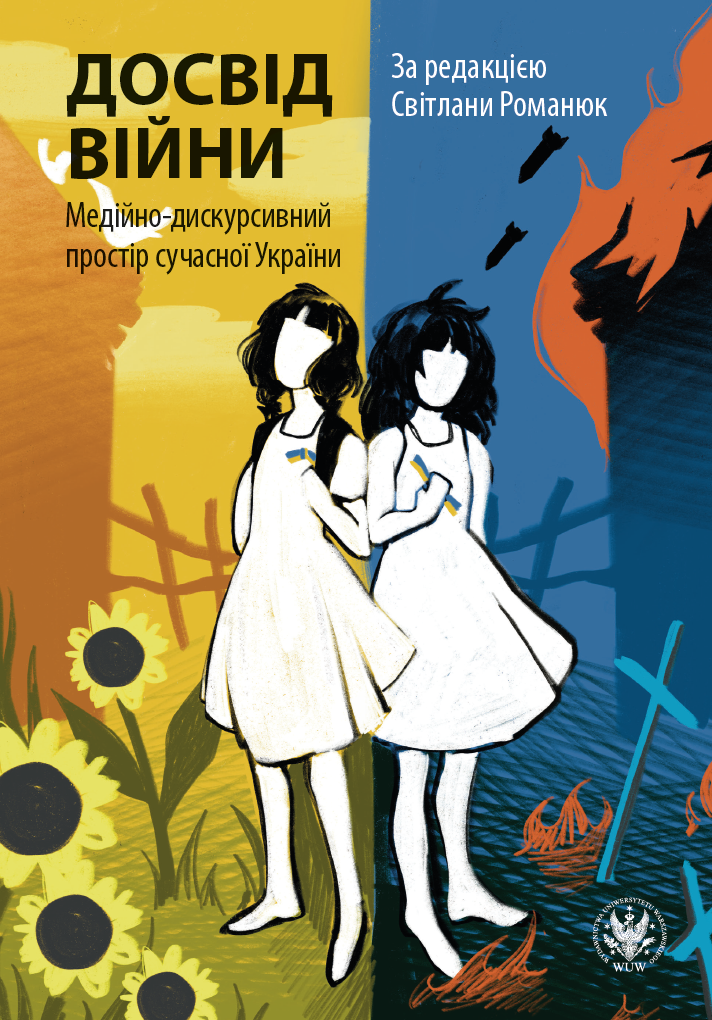Неологізми у час війни: функційність поняття „байрактарщина”
Neologisms of War: Functionality of the Concept of “Bayraktarshchyna”
Author(s): Hanna Dydyk-Meush
Subject(s): Cultural history, Theoretical Linguistics, Applied Linguistics
Published by: Wydawnictwa Uniwersytetu Warszawskiego
Keywords: Ukrainian media discourse; linguistic picture of the world; semantic and word-formation neologization; neologism; neoseme; lexical innovations
Summary/Abstract: Based on a survey of Ukrainian students (2022–2023) this paper analyzes the features of new words which appeared in the Ukrainian lexicon over the initial year and a half of the Russian invasion. Neologisms appear especially often in media discourse. The Ukrainian media discourse allows for a most complete and accurate description of new phenomena in the vocabulary of the modern Ukrainian language. Thanks to such research, it is possible to obtain additional information about the linguistic picture of the world of modern Ukrainians. Our research is based on one neologism, bayraktarshchyna. This word illustrates a very interesting phenomenon of the lexical system, the semantic and word-formation neologization from the original neologism Bayraktar. Neologisms of war (like bayraktarshchyna) do not belong to passive vocabulary; they immediately become part of the active vocabulary. They become polysemantic and acquire an evaluative connotation, which is largely negative. In our example, the word bayraktarshchyna referred to frequent use of war memes. Atthe next stage of development, it took on a new negative connotation – primitivization in the use of war memes, debasement, humiliation, symbolizing an insult to Ukrainian defenders and at the same time an insult to all Ukrainians. Other negative neosemes were: parasitism in war, gains from trade in war, disregard for history, culture and morality, etc. However, the neologism bayraktarshchyna has a positive neoseme as well: support for the fighting spirit of Ukrainians, faith in victory over the enemy, optimism, humour, comism, etc. The coincidence of positive and negative connotations in the same word is an example of enantiosemy. The lexeme bayraktarshchyna is formed using the suffix -shchyna. This Proto-Slavic suffix has several meanings in modern Ukrainian derivatology. That is why the word bayraktarshchyna can mean territory, region and belong to the category of toponyms ("Odeshchyna", "Poltavshchyna", etc). In modern media discourse it has an antonym: mo-skovschyna ‘enemy territory, foreign territory’. Ukrainian media discourse remains a reliable source for identifying and studying lexical innovations that arose in the modern Ukrainian language during the Russian-Ukrainian war.
Book: Досвід війни. Медійно-дискурсивний простір сучасної України
- Page Range: 111-122
- Page Count: 12
- Publication Year: 2024
- Language: Ukrainian
- Content File-PDF

